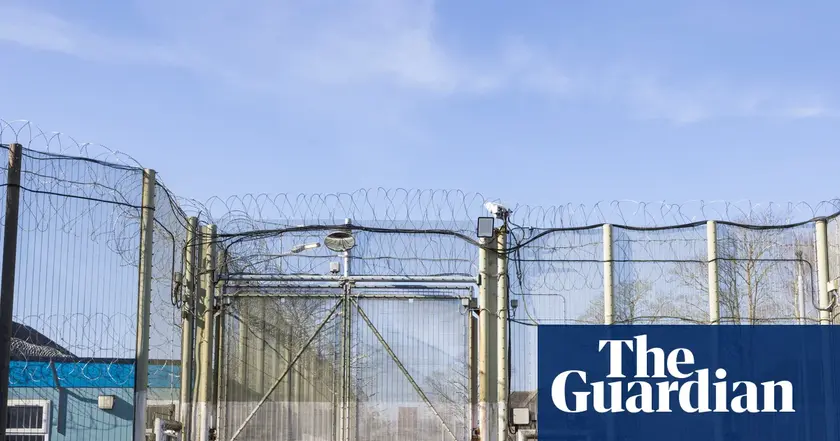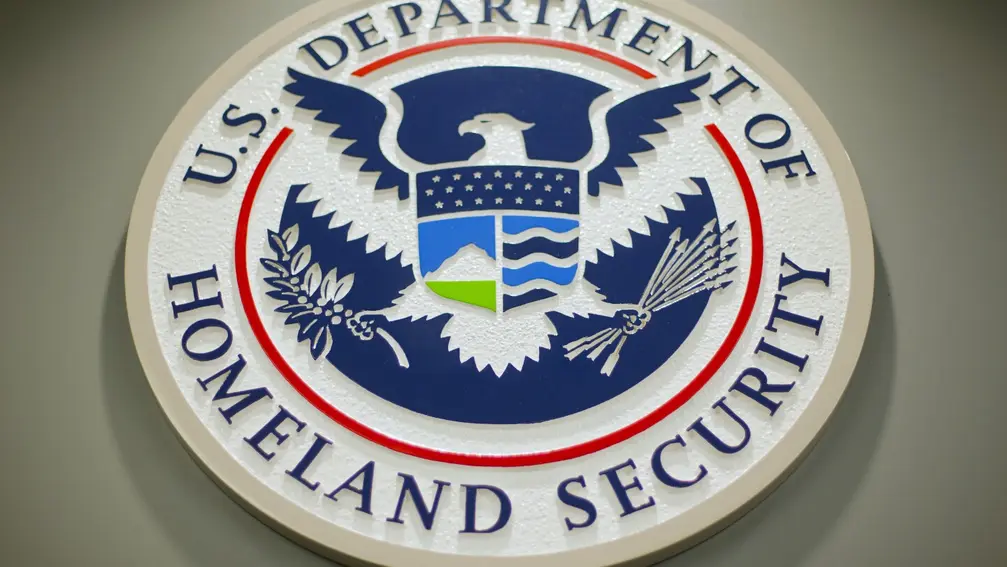T4K3.news
Deport first policy expands to 23 countries
The government extends the deport first, appeal later scheme to 23 countries, prompting political debate over victims’ rights and cost.

Labour widens a controversial scheme to speed removals, drawing mixed reactions from critics and victims' groups.
UK expands deport first policy to 23 countries
Britain will extend its deport first, appeal later scheme to 23 countries, including India, Bulgaria, Australia and Canada. Foreign criminals in England and Wales can be deported before they can appeal a conviction if they show they face a risk on return. The policy is already in operation in eight countries, and the expansion adds 15 more.
Labour says the change will help ease overcrowded prisons and respond to public concern about crime. The justice secretary said fixed-term offenders could be deported immediately after sentencing and barred from re-entry, while life-sentence offenders remain in the UK to serve their full term. Officials emphasize that deportations do not automatically mean prison abroad and that safeguards remain, including arrangements for live evidence via video link after a 2007 ruling found the earlier approach unlawful.
Key Takeaways
"I have real misgivings about this, and it could make people in Britain a magnet for crime from foreign national offenders."
Comment from former Conservative justice secretary Alex Chalk.
"Rapists, people who commit child cruelty, aggravated burglars, knife criminals, domestic abusers would not have to spend a day in custody."
Chalk outlining perceived consequences of the policy.
"Those who commit crimes in our country cannot be allowed to manipulate the system, which is why we are restoring control and sending a clear message that our laws must be respected and will be enforced."
Statement by Home Secretary Yvette Cooper defending the reforms.
"Ministers were in talks with several countries about extending the scheme."
Comment from Foreign Secretary David Lammy on ongoing negotiations.
The expansion tests a key tension in criminal justice: speed and deterrence versus due process and victims’ rights. If implemented well, it could reduce prison pressure and send a clear message that crime carries consequences. But critics worry victims may lose a local avenue to seek justice and that foreign offenders could flee punishment. The plan relies on international cooperation, and any pushback from partner countries could blunt its impact.
Ultimately, success will hinge on safeguards: how many cases are deported, how appeals are handled, and whether victims see timely accountability. The debate is less about numbers than public trust in a justice system that is seen as firm yet fair.
Highlights
- Justice must come with accountability not a passport out
- If you commit a crime here you should face punishment here
- Our laws must be respected and enforced
- Victims deserve a process that does not drag on
Policy expansion raises political and budget concerns
The widening of the deport first scheme touches budgetary allocations, potential impacts on victims, and international relations. Critics warn it could undermine justice and invite political backlash if not implemented with strict safeguards.
Policy clarity will matter most when it meets victims’ needs and maintains trusted international cooperation.
Enjoyed this? Let your friends know!
Related News

Policy expansion on deportations

Trump pushes toward dictatorship after 200 days

Trump advocates for cryptocurrency mining amid noise complaints

Trump Burger owner faces deportation

Asylum cases reset after missed screening

Texas Governor Abbott threatens Democrats with removal

Trump establishes Rwanda migrant deal amid Labour turmoil

Deportation policy expanded
